Are you feeling uncertain about your recent grade and wondering if it reflects your true effort? Many students find themselves in a similar situation, often contemplating whether their work deserves a second look. Writing a grade review request can be a straightforward process when approached thoughtfully. If you're interested in crafting a persuasive letter that conveys your concerns effectively, keep reading for helpful tips and a sample template!

Concise Subject Line
Request for Grade Review on [Course Name] - [Your Name] In [Academic Institution], I am writing to formally request a review of my grade for [Course Name] taught by [Instructor's Name] during the [Fall/Spring] semester of [Year]. My final grade was recorded as [Current Grade], which I believe may not accurately reflect my performance and understanding of the course material. I have thoroughly reviewed my submitted assignments, quizzes, and exams. I would appreciate the opportunity to discuss specific grading criteria and seek clarification on areas where I may have underperformed. Thank you for your attention to this matter.
Respectful Salutation
When students perceive discrepancies in their academic evaluation, seeking grade reviews becomes essential. Such requests typically require formal communication directed to educators or academic departments. A respectful salutation emphasizes courtesy, establishing a positive tone for the conversation. Effective subject lines, such as "Request for Grade Review - [Course Name] - [Your Full Name]," provide clarity. Specific context about the assignment or exam--such as submission dates and grading rubrics--should be included, allowing for precise reference. A clear and concise explanation of the perceived grading error, framed respectfully, fosters constructive dialogue. For optimal results, students should express appreciation for the attention given to the review process.
Specific Grade Concern Details
Students frequently encounter grade discrepancies in academic assessments. A common situation arises when a student receives a grade that appears lower than expected based on their understanding of the material. For instance, in a Calculus course at XYZ University, a student may believe their recent midterm performance warrants a grade of B instead of C. This concern could stem from specific exam questions where the student felt confident yet received minimal points. Additionally, students often point to inconsistencies in grading rubrics, especially in projects or papers, where subjective evaluations can lead to perceived unfair outcomes. Engaging with professors during office hours can provide clarity regarding grading criteria and rectify potential misunderstandings. Timely communication is crucial, as most universities have specific deadlines for requesting grade reviews. In such instances, a well-structured request emphasizing particular assignments, assessment dates, and grading criteria can facilitate a constructive dialogue with faculty regarding grade concerns.
Justification and Evidence
Students frequently seek grade reviews due to concerns over perceived discrepancies between their expectations and the final assessments provided by educational institutions. In these situations, students may gather evidence such as graded assignments, exam scores, and feedback from instructors to support their claims. Specific instances, such as scoring 75% on a midterm while expecting higher based on prior coursework, are crucial in illustrating their points. Moreover, institutional policies or specific grading rubrics serve as benchmarks for justifying requests, ensuring the appeal aligns with guidelines set by schools or universities. Engaging in this process not only empowers students but also reinforces academic transparency across the educational landscape.
Polite Closing and Contact Information
A grade review request necessitates a respectful approach, emphasizing the importance of fairness and clarity in academic evaluation. Utilize clear subject lines indicating the purpose, such as "Request for Grade Review for [Course Name]" followed by a professional tone throughout the email. Provide key details such as the course code, semester, your name, and student ID for easy identification. Ensure a succinct explanation of the reasons for the grade review, referencing specific assignments or exams, particularly if discrepancies are perceived. Conclude with a polite closing statement expressing gratitude for the professor's time and consideration. Include contact information, such as your email address or phone number, for follow-up communication, ensuring openness for further discussion or clarification.

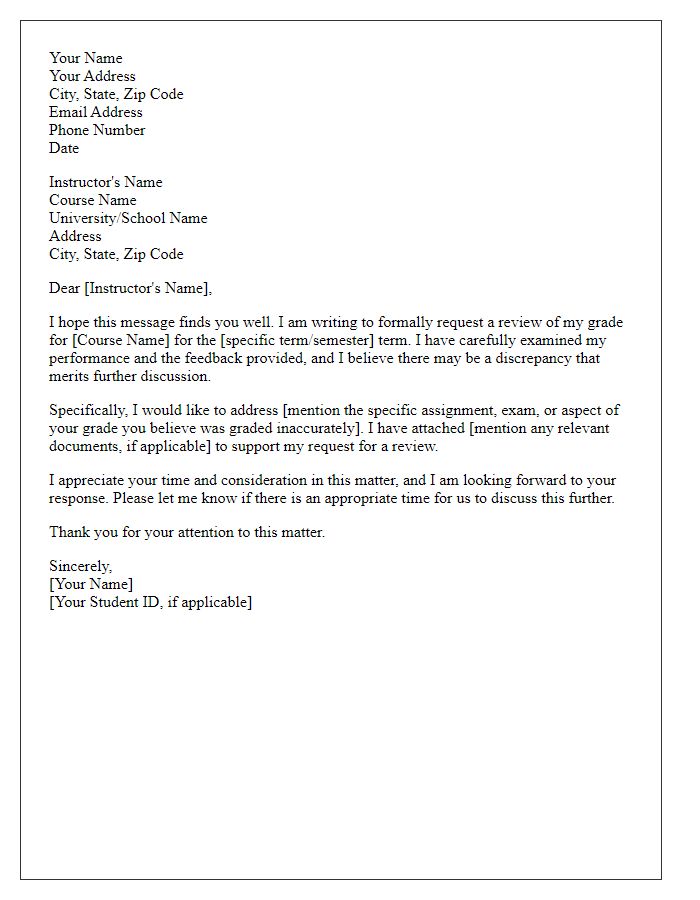
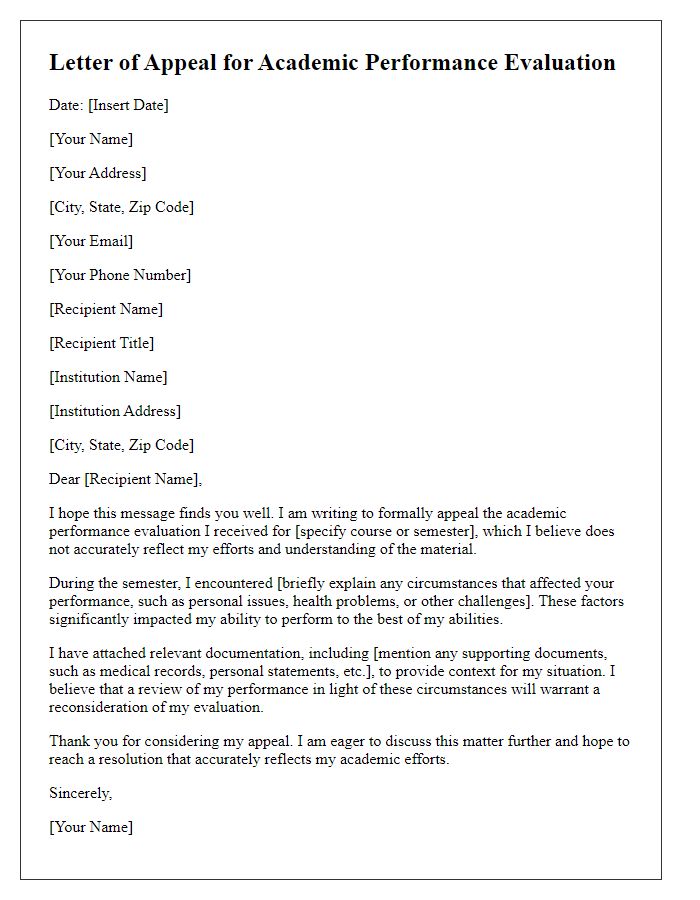
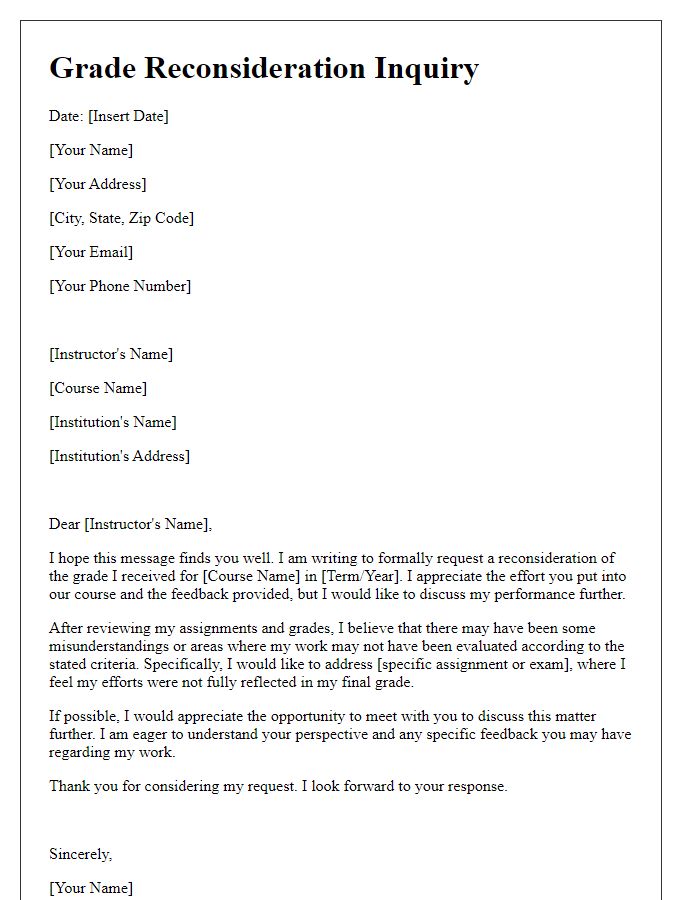
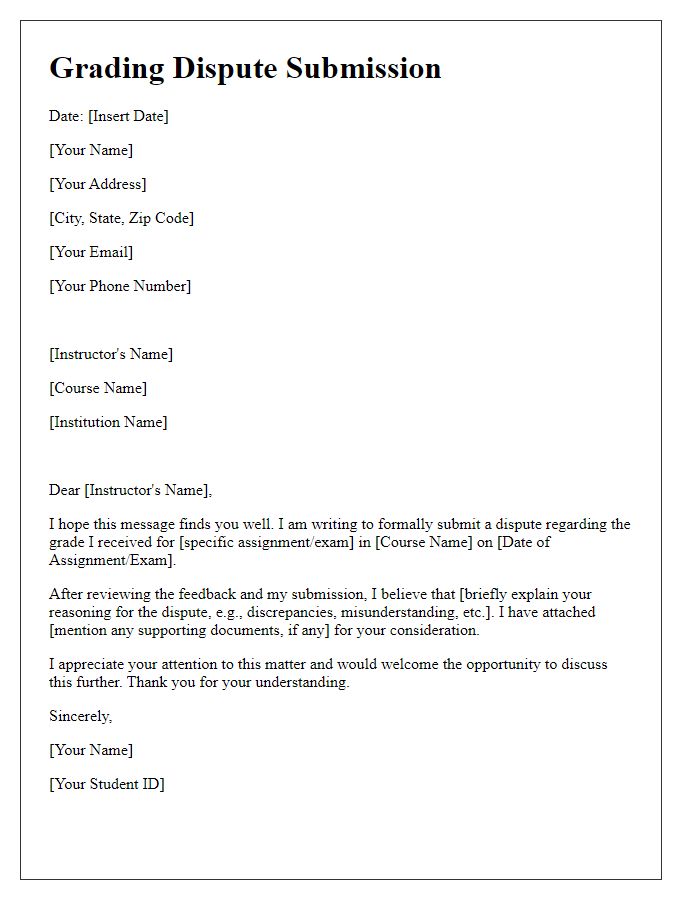
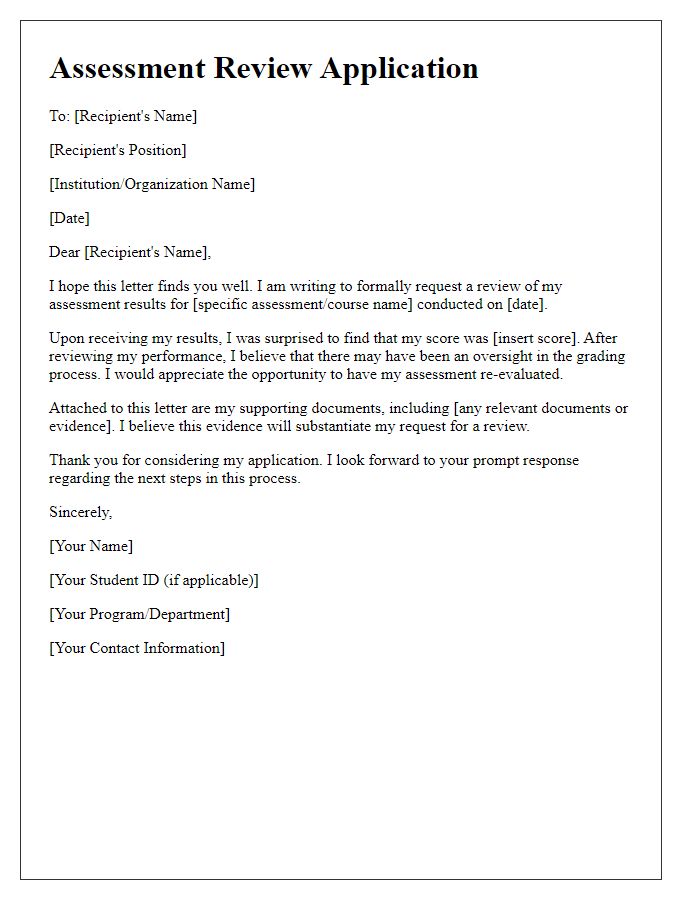
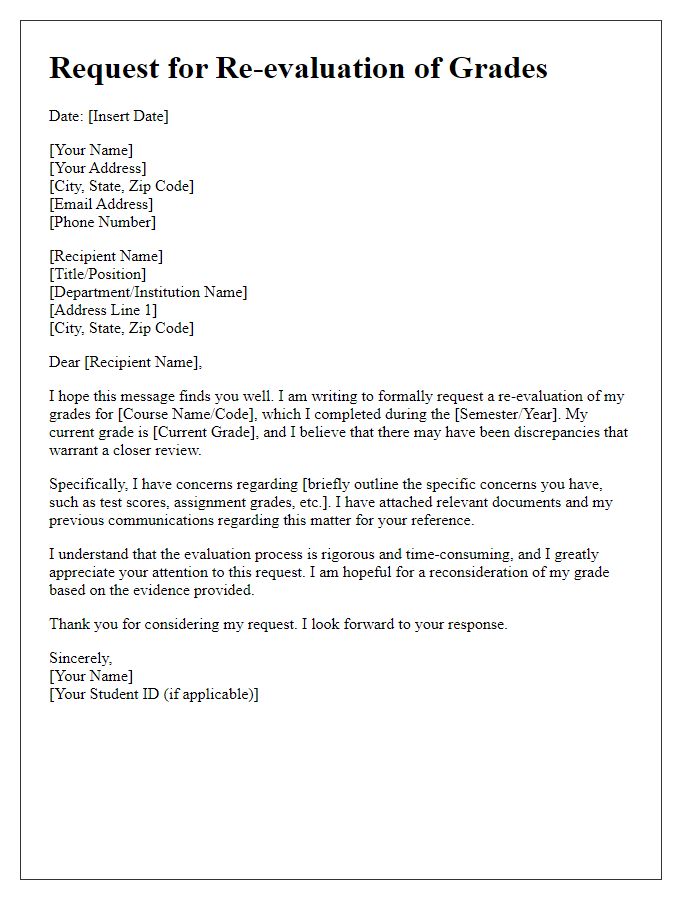
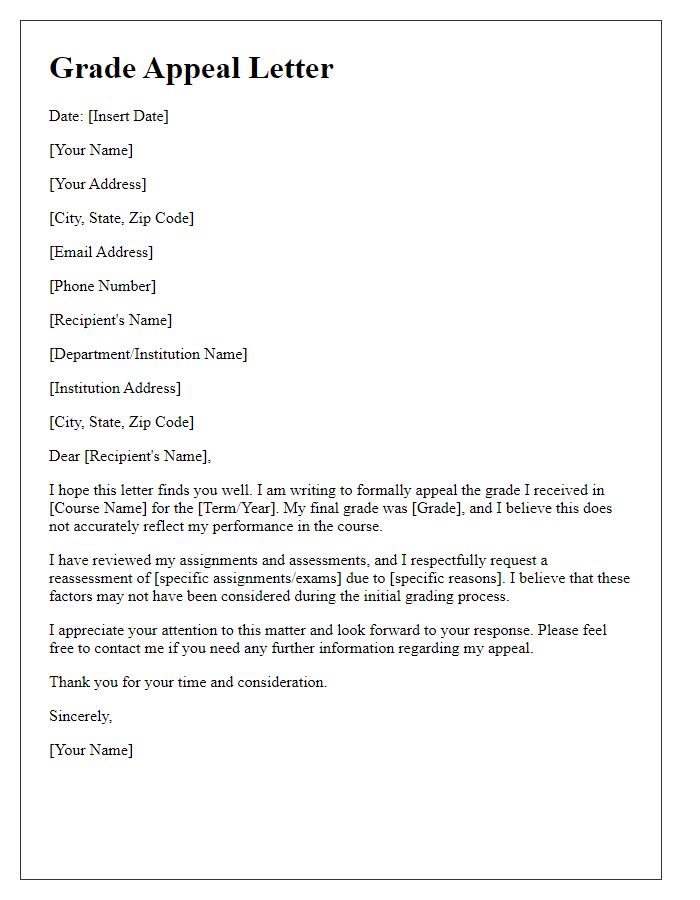
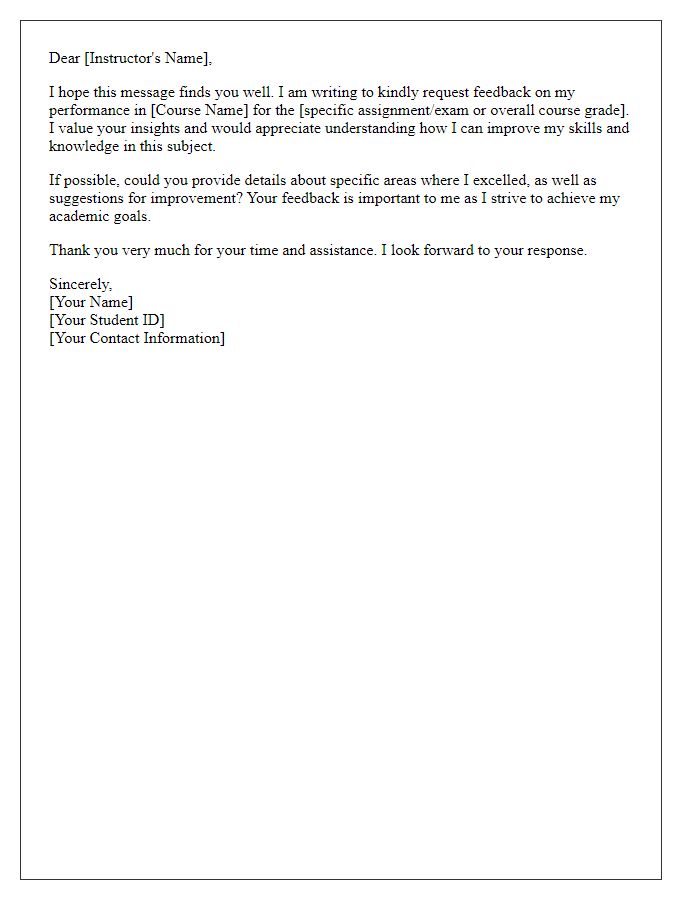
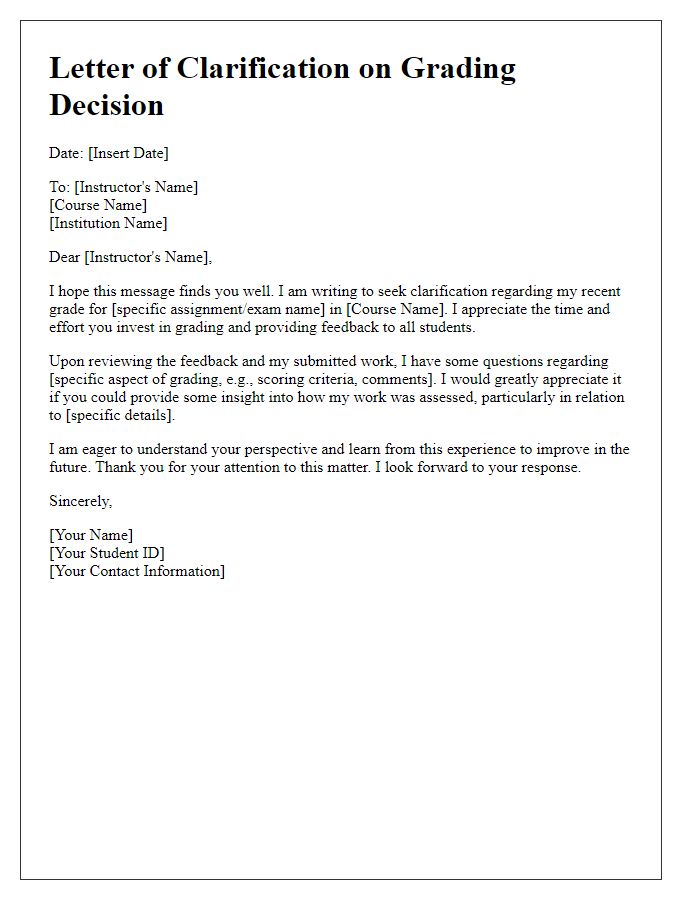
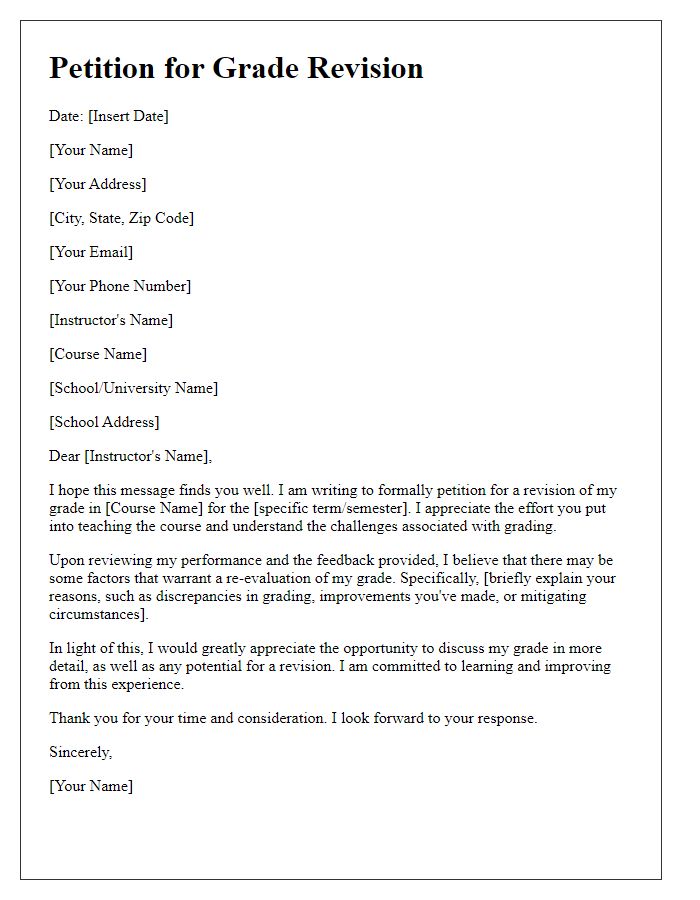

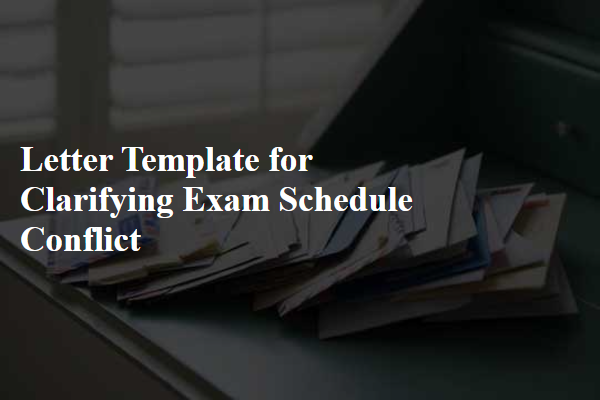
Comments